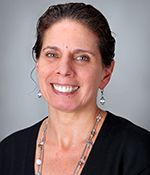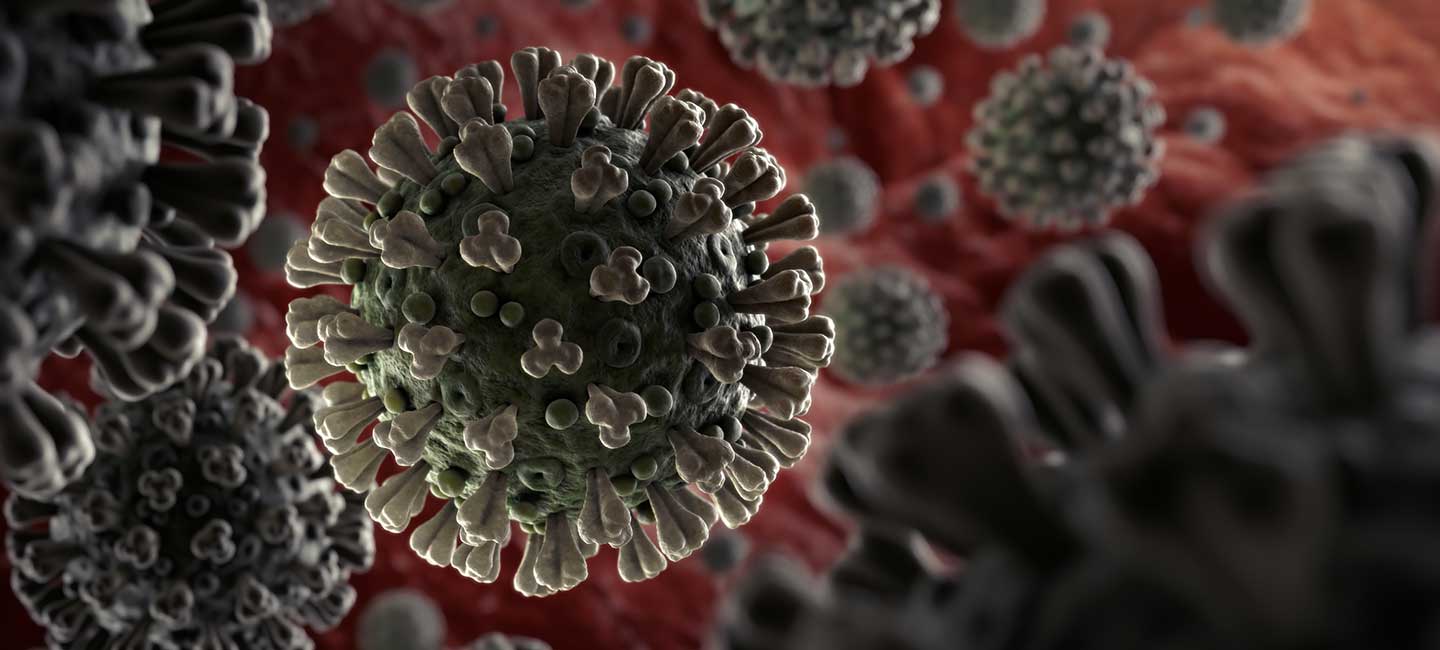Moffitt Launches Two COVID-19 Studies
As COVID-19 continues to grip the nation, the scientific community is looking for answers and ways to help battle the virus. Moffitt Cancer Center recently launched two studies that will contribute to researchers’ understanding of the virus and efforts to prevent it.
“Due to lack of testing and testing delays across the country, it is unclear how many people have been infected by COVID-19 and, more importantly, what percentage of the population has developed antibodies to protect themselves should they be exposed to the virus again,” said Dr. Anna Giuliano, lead investigator on Moffitt’s two COVID-19 studies and founding director of the Center for Immunization and Infection Research in Cancer at Moffitt.
That information would be critical for public health officials should the virus circle back again and could be used to determine future social distancing measures, public closings and other containment initiatives.
Pivoting from Cancer
Moffitt’s mission is to contribute to the prevention and cure of cancer, and not to do research on COVID-19, but the two are not as different as you may think.
All diseases share a common medical theme: epidemiology. This area of science is an integral part of public health practice and research, and studies done by epidemiologists provide evidence to prevent disease and promote health by looking at occurrence and spread of pathogens, such as COVID-19.
Moffitt has a large Epidemiology Department, and while most of the scientists focus on the study of cancer, they have the knowledge to investigate any kind of disease or, in this case, virus.

“As an epidemiologist who specializes in viruses, it has been difficult to sit back and watch the progression of COVID-19,” Giuliano said. “I had to do something; and the leadership at Moffitt has allowed me to pivot from cancer to this virus.”
Healthy Help
One of the Moffitt COVID-19 studies involves the collection, analysis and interpretation of large amounts of health-related data. The information can be used to evaluate the effectiveness of preventative health measures, monitoring trends in the development of immunity or identifying high-risk populations.
The study will recruit 1,200 Hillsborough County residents, half male and half female, ages 18 and older, who are healthy and at the time of the study do not have COVID-19.“We want to determine the percent of residents who are immune, including those who may have been infected but did not have symptoms as well as those who were diagnosed with COVID-19,” said Giuliano.
Participants will be asked to fill out a web-based questionnaire assessing their health and possible exposure to the virus. They will then have their blood drawn to measure if COVID-19 antibodies are present. The study will begin in June, after the full peak of the infection has gone down. Giuliano said this will help provide a full picture and history of response.
If you are a Hillsborough County resident interested in participating in the study, please make sure to check for a letter in the mail inviting you to participate in this study starting in mid- to late-May.
Infection in Florida
The second Moffitt study will take a more in-depth look at COVID-19 infection and immune response in Florida. Working with the state health department, those who are or have been infected with COVID-19 will be asked to participate in a study of the long-term immune response to COVID 19. Like the Hillsborough County study, participants will fill out a questionnaire and submit to a series of blood draws.
“We’re hoping we will be able to not only measure the antibodies in their blood, but also see how long it lasts in circulation,” said Giuliano. “If the antibody is long-lasting, we know those people are protected if the virus comes back again.”
Other Ways to Help
Moffitt will help support these two research studies through its newly launched COVID-19 Frontline Response Fund. The fund will help the cancer center’s response to the pandemic through patient support, telemedicine and research. To learn more, visit the fund’s website.



